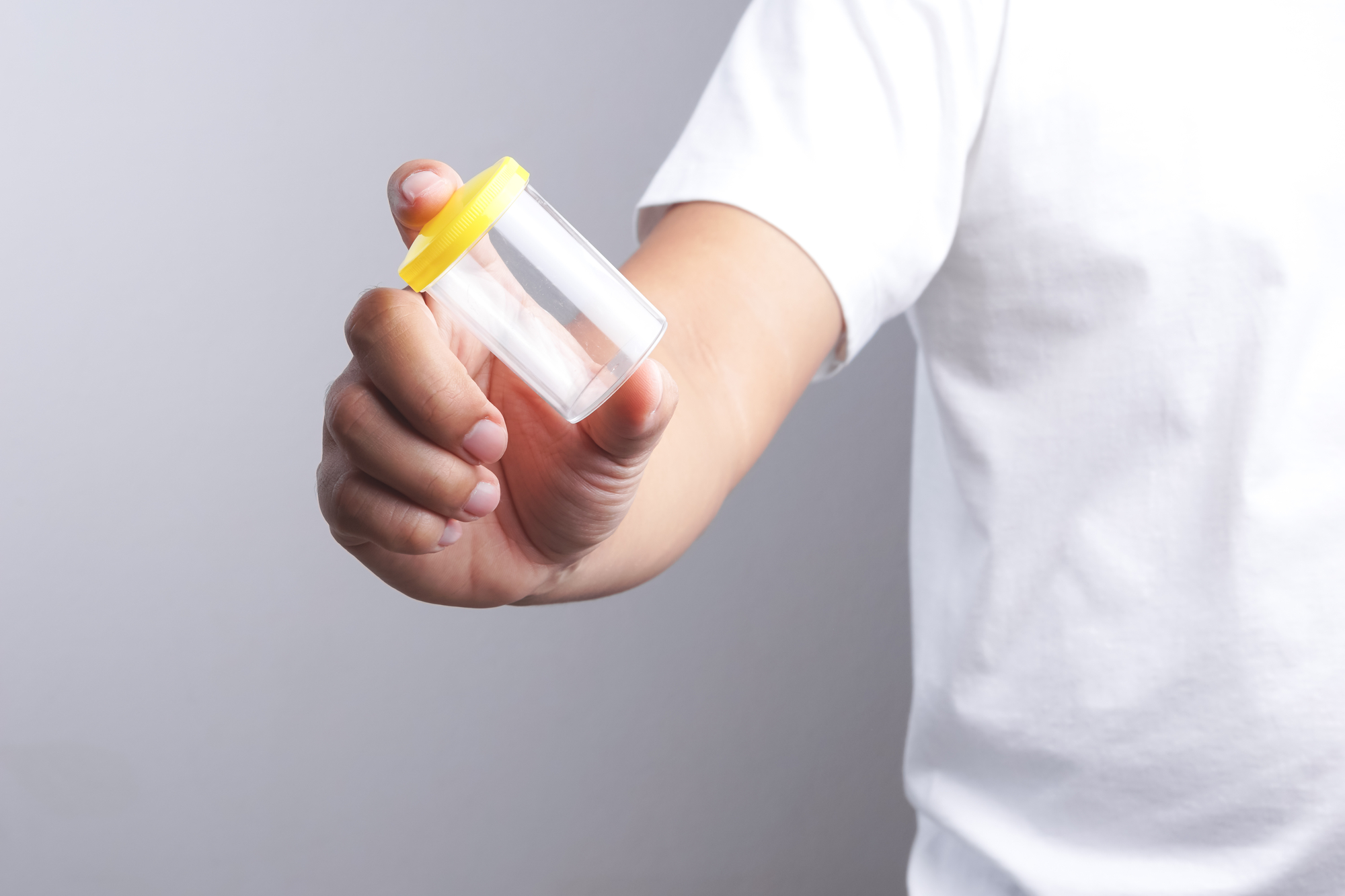
Question: After a six-month job search, I finally found a new job. They gave me an offer, so it’s a done deal – pending a drug test. I’m worried, though, because I did smoke some marijuana three weeks ago and I don’t want this to fall through. Is it legal for employers to drug test? What do I do now? – Anonymous
Johnny C. Taylor Jr.: Congratulations on your job offer! The short answer is, yes, most employers can lawfully require applicants to pass a drug test before beginning work.
The landscape surrounding marijuana and the workplace is dynamic and changing quickly. You didn’t say where you live, but it’s important to note while more than 33 states have legalized medical or recreational usage, marijuana remains an illegal substance under federal law.
In turn, there is a patchwork of different employer approaches to drug testing which vary, not only by geography but by industry as well. Some organizations test all new hires, or a subset of new hires. This could include mandatory testing for individuals working in safety-sensitive positions (pilots, drivers, machine operators, etc.). Additionally, some employers with government contracts are required to have drug-free workplace programs that include specific testing procedures for employees.
Before you start your new job, you should review the drug testing laws of the state and city where you’ll be working to determine what, if any, employer actions may result from testing positive for marijuana use. Similarly, I would also consult your prospective employer’s employee handbook or policies. This could shed light, not only your current situation but also whether this company conducts drug screenings of employees, random or otherwise.
Though it sounds like you used it once recreationally, I will add that employer policies can also vary depending on the type of marijuana used. For example, if used for medical reasons, or to manage a disability, employers may be required to consider reasonable accommodations under the Americans with Disabilities Act (ADA). I know that might not be relevant for you, but it may be for others who find themselves in similar straits.
Hopefully, this helps!
Question: I’ve been working remotely for a substance use clinic in NYC. Now, my employer plans to “slowly” introduce the clients back, though I’m not sure what that means. I am a high-risk individual over 65 and had breast cancer and a mastectomy last year along with radiation. Do I have any rights to say I don’t want to come back in because it puts me at risk despite our being given masks, face shields and hand sanitizer? – Anonymous
Taylor: I’m sorry to hear you’re concerned about going back to work. Reopening our country’s businesses has raised a lot of new questions because workplaces can look drastically different depending on your location, company, position, and industry.
As I’ve said before, employees cannot stay home from work based on a general feeling of fear. However, I’m happy you asked this question because it’s very different when an employee – such as yourself – has a reasonable basis to believe the work site isn’t safe for them.
In short, there are steps you can take, and the first should be learning more about your employer’s return to work plan. If this hasn’t been clearly communicated, you should reach out to HR or your manager to learn how it will specifically impact your position.
Once you know this, then, you can easily identify the risks and find ways to mitigate them. For example, could you continue working remotely? As a breast cancer survivor, your situation is likely very different than that of your colleagues. After all, the Centers for Disease Control and Prevention (CDC) has said individuals who’ve undergone chemotherapy can be more vulnerable to COVID-19 due to a weakened immune system.
You should also know that individuals like you with an underlying medical condition may be entitled to reasonable accommodations under the ADA, such as telework, modifications to your work site, or a leave of absence.
Additionally, you might qualify for paid leave under the Families First Coronavirus Response Act (FFCRA). The law provides two weeks (or 80 hours) of paid sick leave to individuals who are advised by a health care provider to quarantine due to COVID-19. And, since you are working in New York City, I’ll also mention NYC has a Paid Sick Leave Law, which provides up to 40 hours of paid leave.
Bottom line: You and your employer should discuss how there might be ways for you to deliver the critical services their clients need in a workplace that is reasonably safe for you. I wish you a healthy and safe return!











